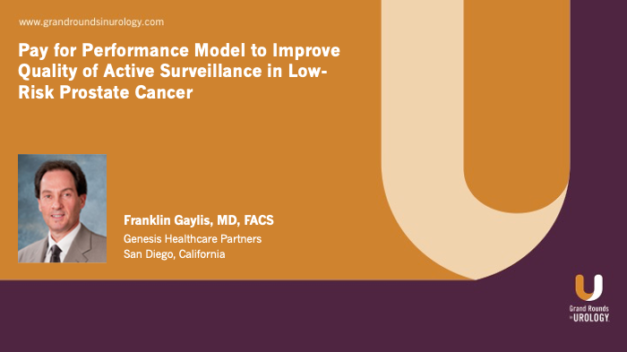Private Equity and Value-Based Care: Is There a Future?
Edward S. Cohen, MD, CEO of Genesis Healthcare Partners in San Diego, California, looks at how private equity can help independent urology practices provide value-based care and remain financially viable. He begins by emphasizing the importance of value-based care, noting that the United States currently spends more on healthcare than any other country, and does not get the best value for the money spent. Dr. Cohen also observes that Medicare’s value-based payment model trajectory is supposed to get to capitation, meaning that practices will not be paid for how many procedures they perform but for how many patients they manage. He then considers the various difficulties facing independent practice, such as increasing difficulty in remaining viable, increasing cost of doing business, the need to have other income streams to maintain viability, and the need to be competitive with the employed physician market. Dr. Cohen argues that independent practitioners need a “seat at the table,” and he suggests that private equity is a good, viable way to do so. He claims that private equity can provide capital, improve management, help with expansion of ancillary revenue streams, allow for consolidation, and provide leverage in the community, all while allowing independent private practice to maintain its identity. Dr. Cohen stipulates that practices need to find the right partner with an aligned vision, but argues that when practices and private equity form good partnerships, they can help independent practice thrive and form a counterbalance to large hospitals.
Read More


